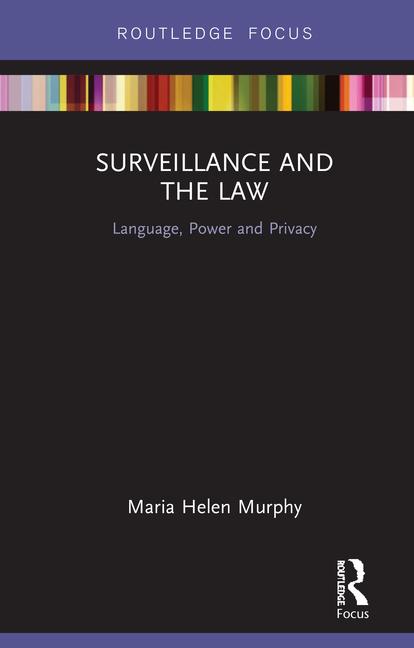The alarm company had a contract to provide monitoring services to the building's previous owner. The contract was not assignable without the company's consent.
Although after purchasing the building, the new owner discussed continuing the monitoring services with the alarm company, a new contact was never executed between them. When the prepaid term of the original contract expired, the monitoring services ceased.
The contract term was for a period of five years payable annually in advance, and the contract provided that it was not assignable without the alarm company's written consent.
After the new buyer took over the premises, there was some discussion about a renewal of the contract. The agent for the alarm company testified that he prepared a new contract and dropped it off before the term of the original contract expired, but that he was never contacted about it.
When the prepaid term of the contract was about to expire, the alarm company sent the new buyer a letter reminding it to pay the new annual premium.
The contract contained no provision requiring the alarm company to notify the customer when the renewal amount was due. The plaintiff in its lawsuit alleged that the alarm company owed him a special duty to notify him when the security contract on his property neared expiration so that a renewal contract could be signed.
The court pointed out that under Louisiana law, the test for determining liability for negligent contact has five components:
- Was the conduct of another of which the plaintiff complains a cause in fact of the resulting harm?
- What if any duties were owed by the respective parties?
- Whether the requisite duties were breached?
- Was the risk and harm caused within the scope of protection afforded by the duty breached?
- Were actual damages sustained?
Therefore, the fundamental issue was whether as a matter of law an alarm monitoring company has a duty to notify a premise owner when the monitoring contract covering the premises has lapsed.
Among other things, the plaintiff alleged that a duty exists because, "Advance notice and warning prior to termination of recurring contract and consumer service has been of such long standing, and so universally applied, that it is expected and relied upon by consumers."
The court found that no such duty exists. There is no duty requiring the alarm company to notify the plaintiff of a termination of its monitoring service.
With reference to the claim of detrimental reliance, the court indicated that there was no evidence to support the plaintiff's argument that the alarm company made any representations that it would notify plaintiff of the termination of the contract. Therefore, the alarm company's motion for summary judgment was granted.
Lessing E. Gold of Mitchell, Silberberg & Knupp is counsel to the California Alarm Association.





